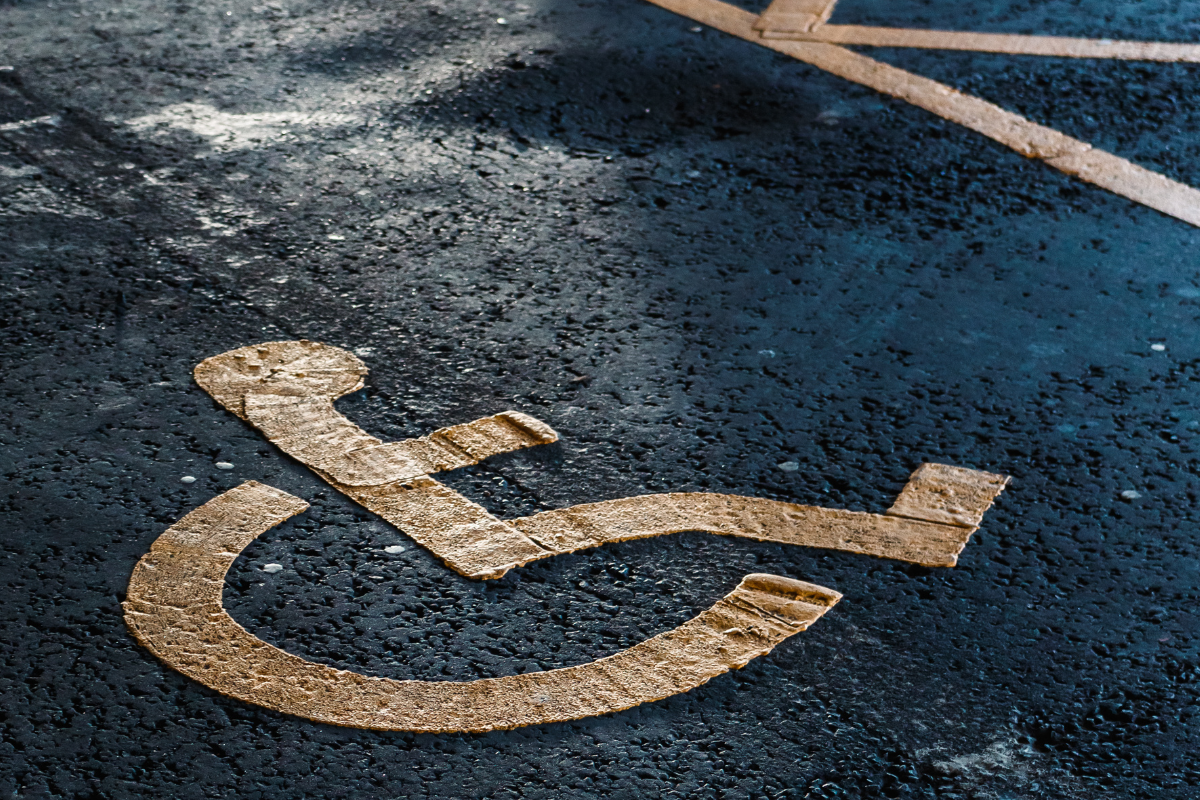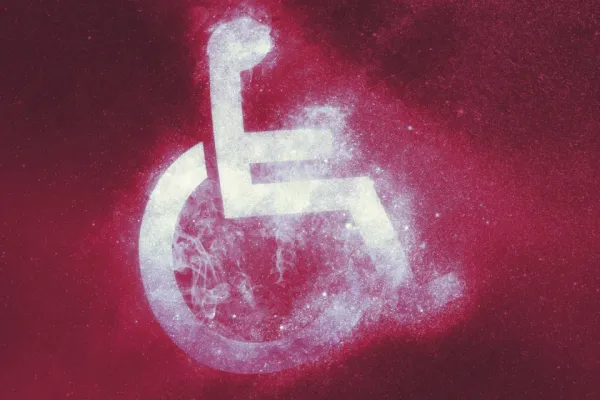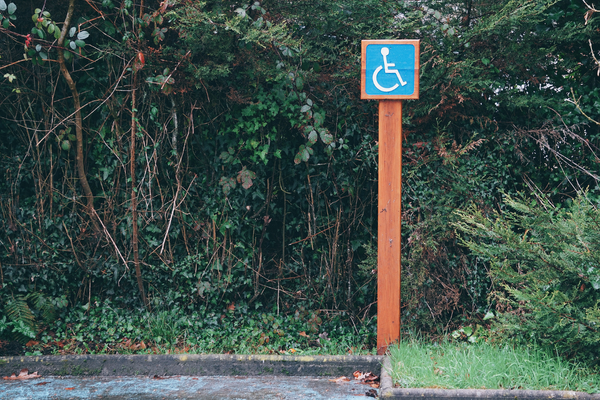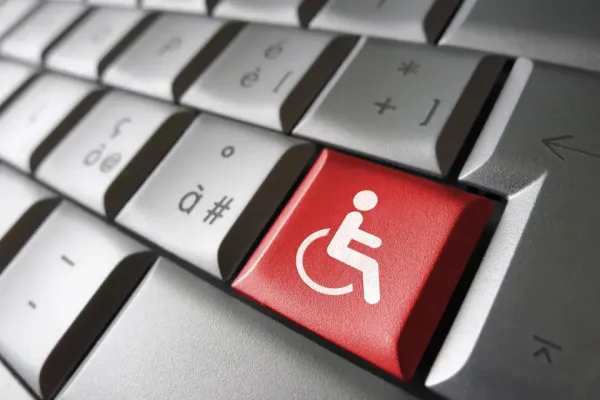8/26/25 - Medicare, Amtrak, and electronic access

Afternoon everyone!
A random assortment for today …

Advocates Fear Proposed Medicare Rule Could Limit Access to Catheters and Ostomy Supplies
Ian Ruder, New Mobility - August 19, 2025
"‘The real danger is in this space, where there are so many different kinds of products for so many different needs, that suppliers will close,‘ Lieberman says, ‘and then people who rely on a very particular kind of product will lose access to that product, and that there won’t be enough of that product to go around.’"
This sounds like one of those disability issues that’s not only obscure and baffling to non-disabled people, but also pretty specific to an important but narrow subset of disabled people. It’s the kind of issue where right and wrong aren’t immediately set-evident. It’s also an issue where a portion of the disabled community will need to do most if not all of the necessary advocacy.
Disabled Amtrak Riders See Progress, but Still ‘Feel Like Freight’
Gabe Castro-Root, New York Times - August 14, 2025
"The couple, who estimate that they’ve spent 560 hours on Amtrak together in the last three years, traveling coast-to-coast five times, said that riding the train is still much easier than flying. But the indignities they’ve experienced — not just trash cans and a faulty app but also incorrectly deployed boarding ramps, inaccessible dining cars and more — have left them with the sense that they must constantly advocate to receive the services they’re entitled to by law."
There can’t be too many stories like this about persistent accessibility problems in public buildings, services, and transportation. For disabled people ourselves it gets boring and frustrating having to explain this same stuff over more than three decades. But clearly it does still have to be explained.
Disabled in Korea struggle to use kiosks as new Accessibility Law looms
Park Ung, The Korea Times - August 9, 2025
"Among 277 people with disabilities who had used kiosks, 44.8 percent said they preferred ordering or processing through a staff member — more than twice the share who favored using a kiosk. Preference for staff assistance was particularly high among those with visual impairments, severe disabilities and wheelchair users, with more than 70 percent of visually impaired respondents preferring to order directly from staff."
I have two questions:
- Do Americans with disabilities, and disabled people in other countries, also prefer personal over automated service? Or, is there a somewhat higher percentage of disabled people elsewhere who find technological interfaces to be less of an ableist hassle than dealing with people?
- According to the article, businesses and service providers in South Korea are a lot more aware of disability rights laws than actual disabled people. If we did a survey on this in the US, would the results be much different?






Disability Thinking Weekday is a Monday-Friday newsletter with links and commentary on disability-related articles and other content. Please like, share, comment, and subscribe — for free, or with a paid subscription.
A free subscription sends a newsletter to your email each weekday, and gives you access to the comments. Benefits of paid subscription also include:
- A monthly recap with links to all of the previous month's shared articles, organized by topic.
- Listing as a supporter, and a link to your website if you have one.
- You can recommend one disability-related article for me to share per month in a weekday post.
To to subscribe, upgrade to paid, or make a one-time donation, click one of the buttons below:
I am so grateful for your help and engagement, in whichever forms you choose!



